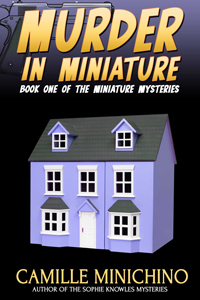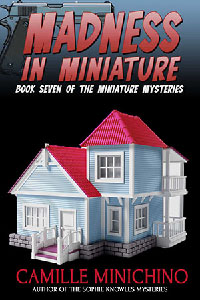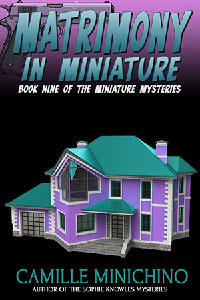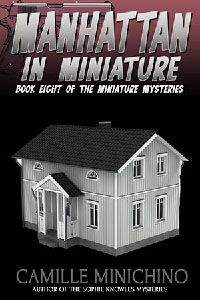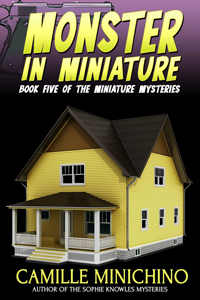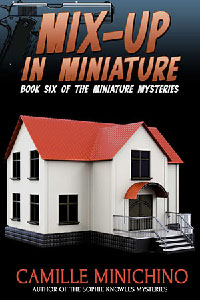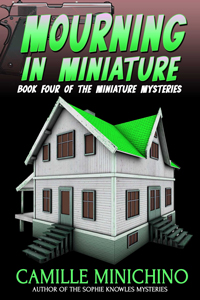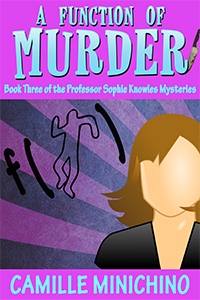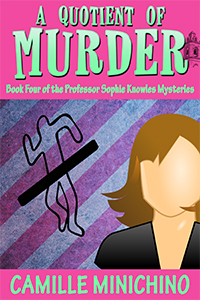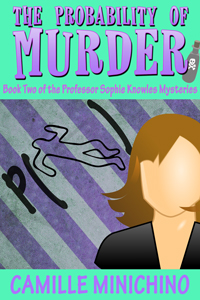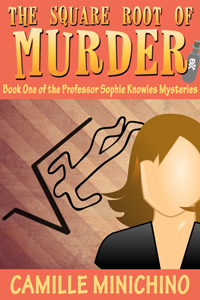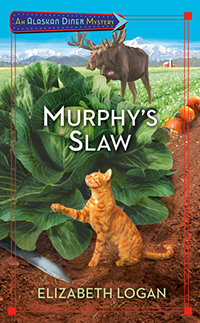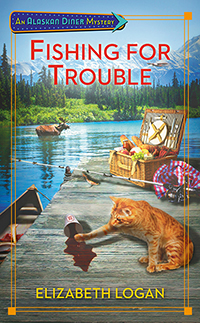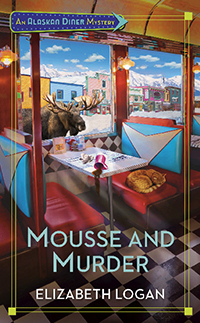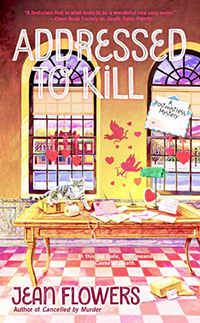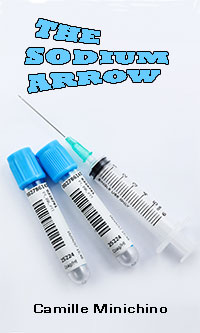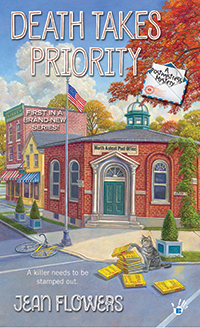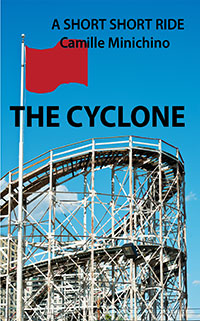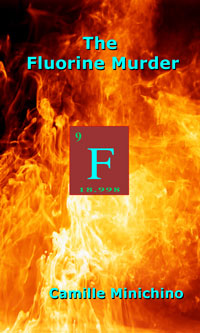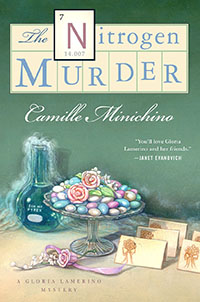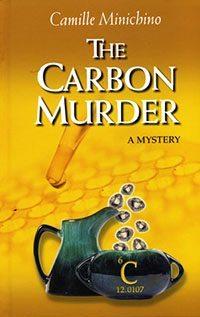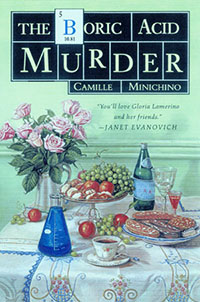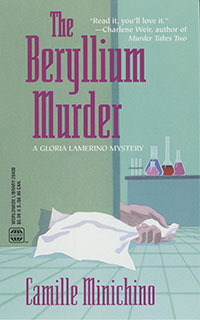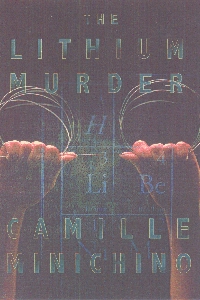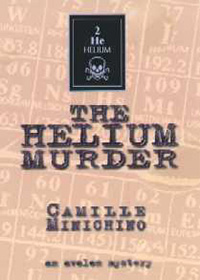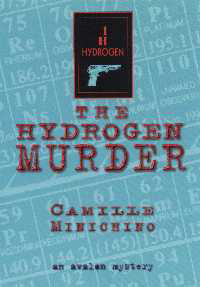DINER LINGO

I’m in the middle of my 3-book series set in an Alaskan diner, currently reviewing the galleys for Book 2, FISHING FOR TROUBLE.
How did diners get started? The best I can do is go back to 1872 and credit Walter Scott, a horse-drawn wagon in Providence, Rhode Island, and a menu designed to feed night owls, whether workers finishing the late shift, or revelers looking for an off-hours meal.
The wagon evolved into “rolling restaurants,” with a few seats added inside, and then dining cars and finally, around 1924, permanently located “diners,” most maintaining the train-car look.
With a new style of restaurant came a new set of phrases, or “diner lingo,” the way a short order cook might communicate with her staff. Some call it shorthand, but diner lingo is often longer than the regular term for the menu item.
“A side of bad breath,” for example is not as succinct as “with onions.” And “a stack of Vermont” is longer than “pancakes.”
My guess: it’s more for adding fun to a job. Who doesn’t want to do that?
Probably among the best known call-outs are “Adam and Eve on a raft” (two eggs on toast), and “Battle Creek in a bowl” (corn flakes).
Other favorites of mine are:
“Burn the British” (toast an English muffin).
“Cowboy” (western omelet).
“Cops and robbers” (coffee and donuts).
“In the alley” (on the side).
“Butcher’s revenge” (meatloaf).
A few phrases have been assimilated into our language, no longer recognized as diner-related, like sunny side up, BLT, OJ, and 86 it.
Post your favorites. But whatever you do, don’t be a camper*!
*One who stays at the table or counter for a long time, depriving the server of new tips.
 Filed Under :
Filed Under :  Jul.22,2020
Jul.22,2020 Tags :
Tags : 


